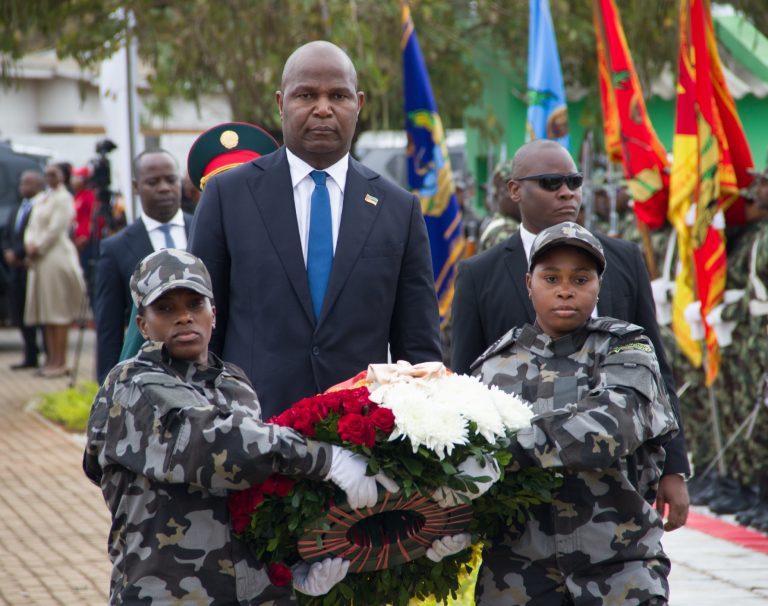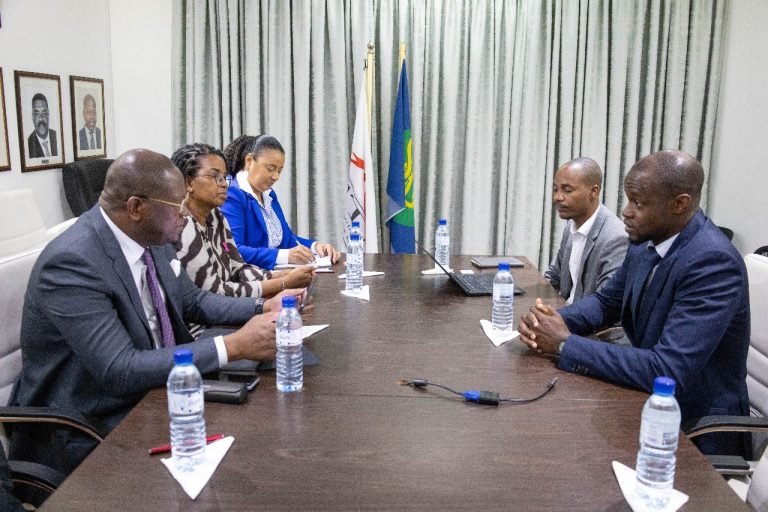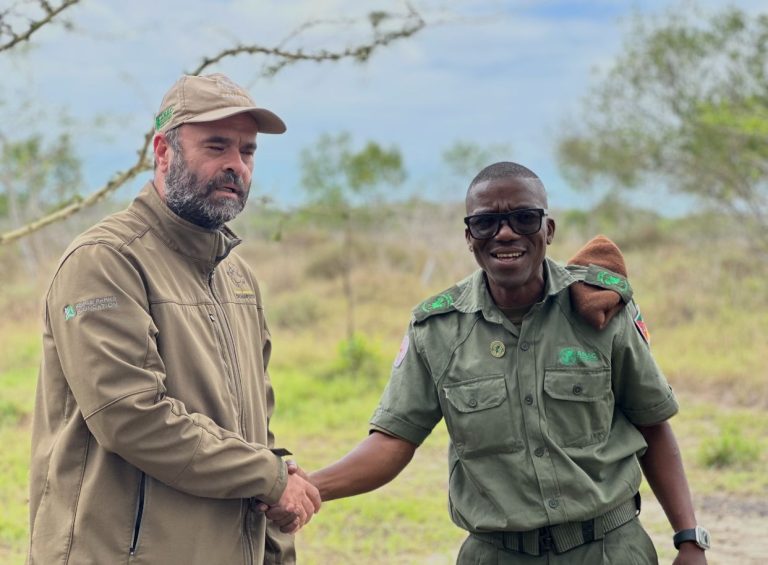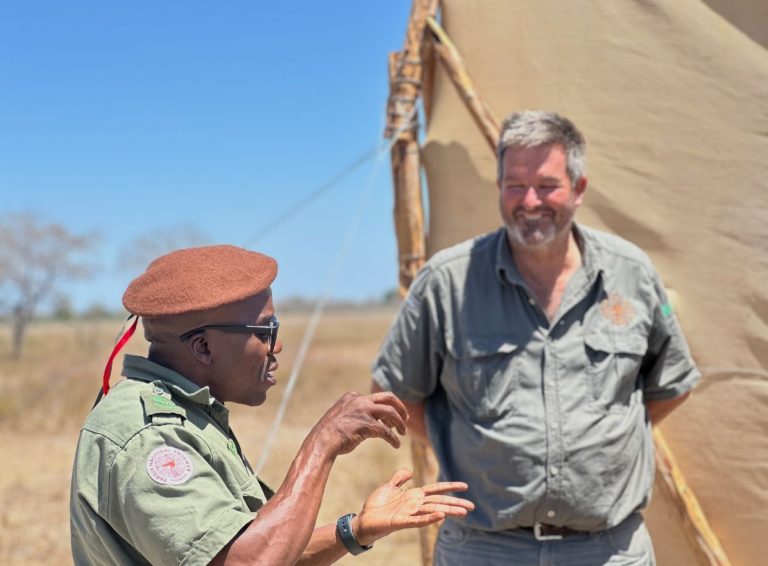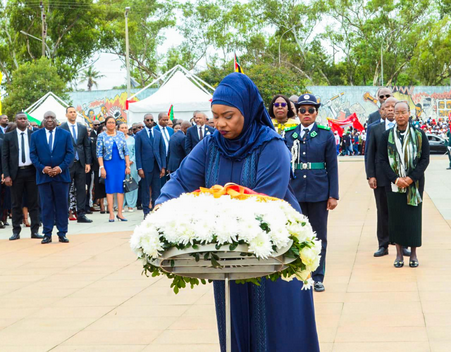
Presidente da Assembleia da República de Moçambique (AR), Margarida Talapa, deposita uma coroa de flores na Praça dos Heróis em Maputo
Maputo, 5 Oct (AIM) – The chairperson of the Mozambican parliament, the Assembly of the Republic, Margarida Talapa, declared on Saturday that the future of Mozambique will be built by all of its citizens, but also by the capacity to forgive, to enter into dialogue and to march together in brotherhood.
Talapa was speaking after laying a wreath at Maputo’s Monument to the Mozambican Heroes, to mark the 33rd anniversary of the peace agreement signed between the Mozambican government and the former rebel movement Renamo on 4 October 1992.
Talapa urged all Mozambicans to stand firm and united around the ideals of peace and national reconciliation.
“The best way for us to honour peace is to work together for its consolidation”, she stressed, adding that peace is not merely the absence of war, but also the presence of justice, opportunities, solidarity and inclusive development.
Talapa mentioned the Islamist terror attacks in parts of the northern province of Cabo Delgado, which are destroying infrastructures, displacing people from their homes, and spreading grief and suffering. “This does not represent what we are as Mozambicans”, she said.
She urged the jihadists and anyone thinking of joining their ranks to abandon the path of violence and join other Mozambicans in developing the country.
Despite the terrorist attacks, Talapa said, the country remains stable thanks to the commitment of Mozambicans to seek out “inclusive and sustainable solutions to internal problems”.
She pointed to the “inclusive national dialogue”, launched by President Daniel Chapo as “unequivocal proof of the genuine will of all Mozambicans to live in a peaceful, inclusive and reconciled society”.
The “inclusive dialogue”, she claimed, “strengthens the cornerstones of peaceful coexistence, strengthens the bonds between citizens and proves once again that Mozambicans are a people who love peace and justice”.
Talapa urged all sections of Mozambican society to participate in the dialogue. “We want all Mozambicans to share their ideas about the Mozambique we want, and to contribute actively in building a society of justice and inclusion where nobody is left behind”.
At the same ceremony, former President Armando Guebuza told reporters that the inclusive national dialogue will be fundamental for achieving “effective peace” throughout the country.
“I encourage all Mozambicans to do their best so that nobody is left out of this process, and so that we really have a frank, open and positive dialogue”, he added.
Guebuza strongly condemned the terrorist attacks in Cabo Delgado but also urged the authorities to enter into dialogue with those behind the Islamist raids. He wanted the government “to apply the principle of negotiation, talks and dialogue”.
President Chapo has made it clear that he is amenable to dialogue with the jihadists – but the Islamist insurgency is faceless. Its leaders have not declared themselves publicly, and nobody knows what foreign governments or organisations are backing them.
This makes the current war very different from the conflict between the government and Renamo which ended in 1992. Then it was well known that Renamo took its orders, first from the Ian Smith regime in what was then Rhodesia, and later from apartheid South Africa. The identities of the top Renamo leadership were also known. That made negotiations possible, thus leading to an end to the war.
(AIM)
Pf/ (538)


